DBT, or dialectical behavior therapy, is a highly effective therapeutic modality for treating substance use disorders (SUDs). Developed over 50 years ago, DBT is based on many of the same behavior-based ideas used in cognitive-behavioral therapy (CBT). Originally conceptualized for the treatment of borderline personality disorder, DBT for addiction soon became one of the standards of care in rehab programs nationwide.
At Roaring Brook Recovery, our clinicians use dialectical behavior therapy for addiction treatment in our intensive outpatient program (IOP). This goal-driven, time-limited treatment plan is ideal for people beginning recovery or those who have had a relapse and are recommitting to sobriety. Call us at 855.590.9944 to learn about our DBT program for addiction recovery. Our staff can answer your questions and offer you a safe, listening ear as you consider your options.
What Is Dialectical Behavior Therapy?
DBT centers around four pillars that underpin the therapy, focusing on shifting behaviors in order to transform thinking. By embodying the elements of both acceptance and change—where the idea of a dialectic comes in—you can nonjudgmentally see yourself making changes. At the same time, you can accept yourself and your past actions without recrimination, guilt, or shame.
The goal is to move from unhealthy behaviors to healthy ones holistically without becoming mired in discomfort or self-blame. You do that by embodying mindfulness to develop a tolerance for distress and effective interpersonal communication and relationships. The final pillar—emotional regulation—evolves because of the first three:
Mindfulness
You learn to focus on the now, gain clarity, and stop being reactive when faced with challenging emotions and circumstances. Your nervous system is deactivated when you are adept at this technique, which helps with recovery.
Distress Tolerance
In many ways, tolerating distress, such as challenging emotions, cravings, and substance use triggers, is one of the primary goals of recovery. It is also one of the most significant goals of DBT. Since mental health symptoms often lead people to rely on drugs or alcohol, addressing how you handle things such as anxiety, depression, or trauma helps reach an underlying factor in addiction.
Interpersonal Effectiveness
When you have an SUD, often the relationships in your life take a toll as great as the toll on your own health and well-being. Through DBT, you will learn how to reclaim your important human connections. How? By learning how to talk about feelings, ask for help when you need it, and admit to your own vulnerability. Learning both openness and how to set clear boundaries will also help you navigate recovery.
Emotional Regulation
This comes along with distress tolerance and interpersonal effectiveness, and, thanks to mindfulness techniques, is the anticipated outcome of DBT. When you are able to manage your emotions without self-medication, you will be empowered to live a long, meaningful life of recovery.
Benefits of DBT for Addiction Recovery
There are so many benefits to dialectical behavior therapy for addiction. Considered a highly effective therapy for addiction, DBT is one of the cornerstones of our addiction treatment at Roaring Brook Recovery.
DBT for addiction helps you:
- Understand yourself – This means having compassion for yourself, too, as you become more self-aware, recognize how your mind reacts to things, and seek to balance your responses.
- Be fully present in your relationships – DBT helps minimize self-destructive urges and habits that have derailed your relationships because of your SUD. DBT teaches you how to forge and sustain close bonds with people.
- Gain quality of life – Emotions are important, but intense feelings that negatively impact your ability to function are disruptive. As you will see, DBT helps you understand your emotions, what triggers them, and how you can manage them, instead of the other way around.
- Empower yourself – Never again will you be at the mercy of your own unregulated urges, feelings, and fears. You will be in a better relationship with yourself. At the same time, you’ll be able to take on whatever life sends your way without turning to substances.
Don’t wait. Learn more about Roaring Brook’s DBT program for addiction recovery by reaching out soon.
Call Roaring Brook Recovery Today for Dialectical Behavior Therapy
Getting sober does not have to be traumatic or painful. Using the multi-pronged, goal-oriented process of DBT for addiction, you can be rid of hopelessness and embrace the future with the skills you need.
Contact us today by submitting this online contact form or calling 855.590.9944. We look forward to answering your questions.


